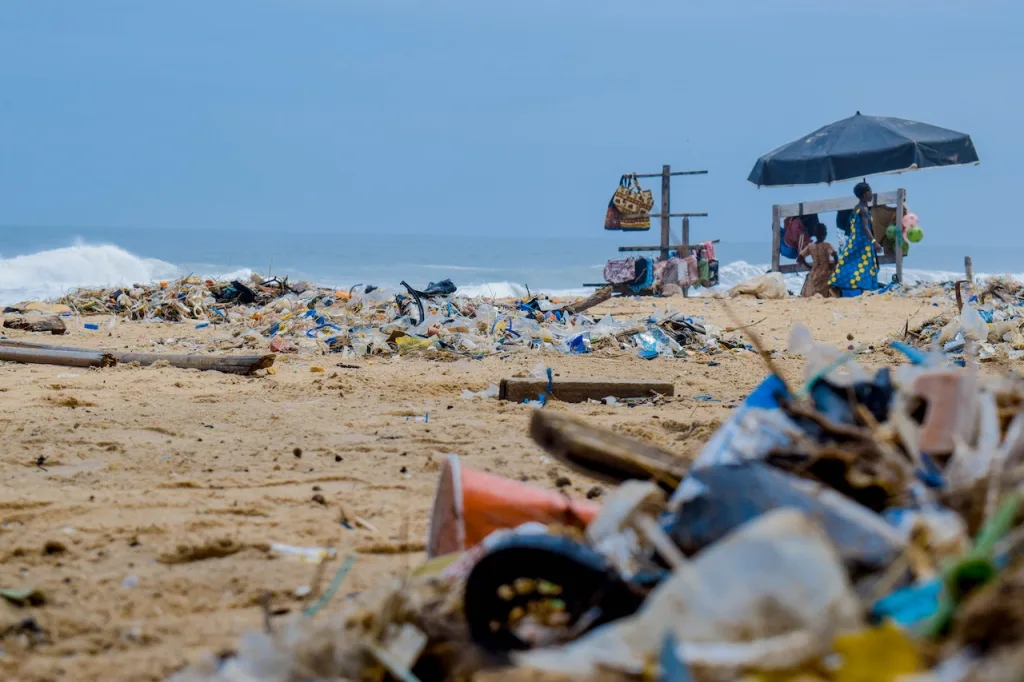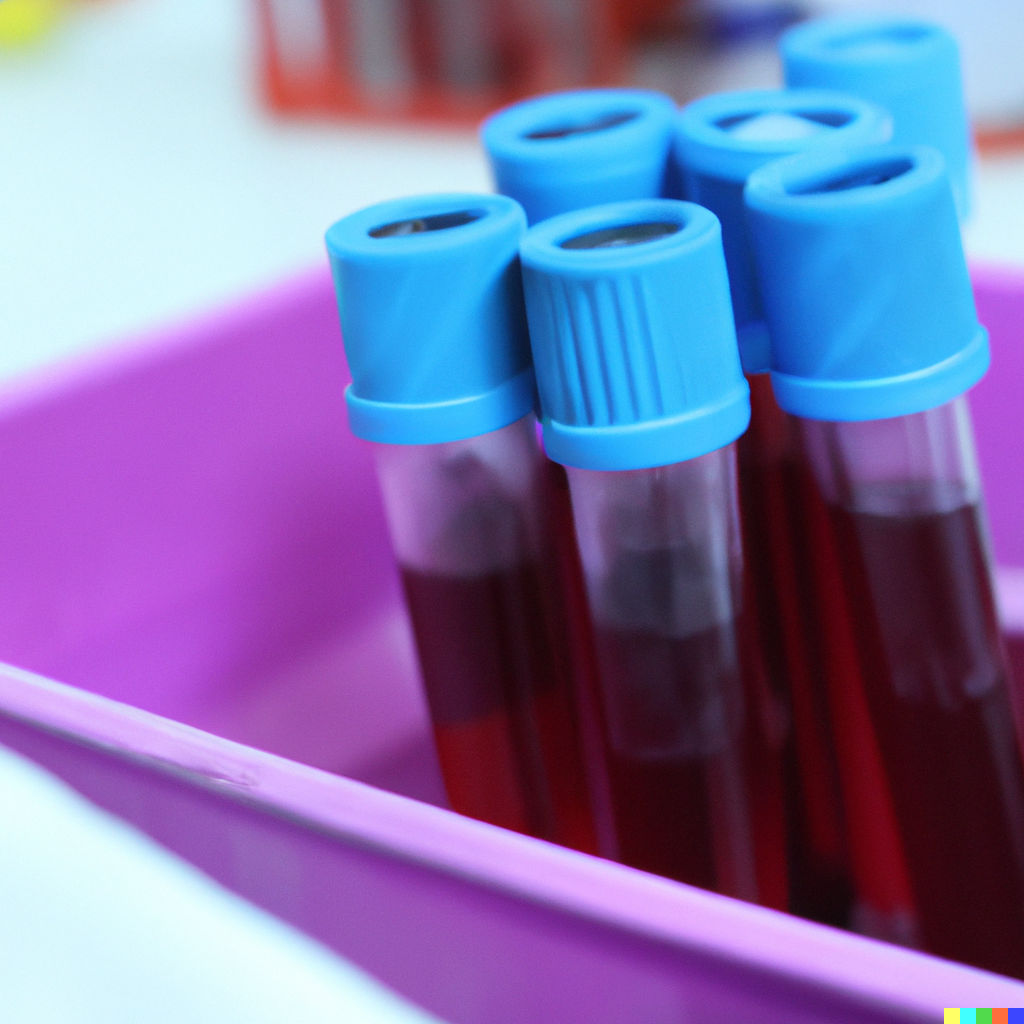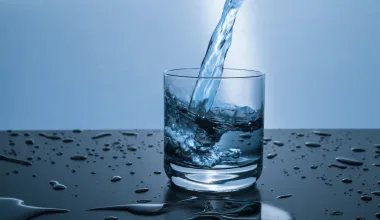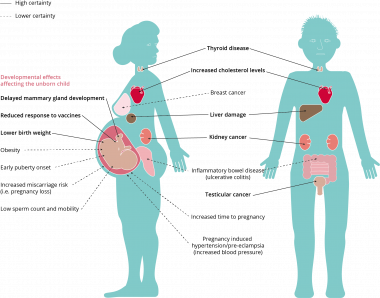Last Updated on January 10, 2024 by Ecologica Life
Considering that most humans drink on average between one and six litres of water a day. Choosing between tap water and bottled water is an important decision.
The major distinction between bottled and tap water is delivery method. The source or quality can vary greatly for both. Although neither is necessarily safer or healthier than the other, tap water is almost always less expensive and, depending on the circumstances, typically more environmentally friendly.
Pros and Cons of Bottled Vs Tap Water
The choice between bottled and tap water has pros and cons that are very situational. Each water source has advantages and disadvantages.
One of the main benefits of bottled water is that it may be used to supply clean drinking water to developing nations who do not have access to it, such as Sub-Saharan Africa, developing Asia, and developing Latin America. Bottled water is virtually always healthy and safe. Additional advantages include the capacity to supply portable water in emergency situations, convenience while travelling, and a variety of tastes and sources to satisfy consumer preferences. However, the main disadvantages of bottled water are its high price and negative effects on the environment.
In developed nations, municipal tap water is typically just as clean and safe as bottled water. The inexpensive cost and reduced environmental impact of tap water are its main advantages. Cons include a greater risk of pollution from outside sources, significant government costs associated with building and maintaining the required infrastructure, and a lack of effective and secure tap water systems in developing countries.
Environmental Impact of Bottled Water vs Tap Water
Bottled water impacts the environment is various ways:
- Disposable water bottles require fossil fuels throughout their entire life cycle, which increases global warming and pollution.
- Every year, 2.5 million tonnes of carbon dioxide are released into the atmosphere during the water bottling process.
- Every year, over one million marine animals perish as a result of garbage from disposable water bottles that wash into the ocean.

Harmful Effects of Plastic Water Bottles on Humans
It is often considered that bottled water is cleaner and safter that tap water. However, in developed countries this might not always be the case. Researchers have shown that bottled water can contain more bacteria than tap water.
Another major downside with bottled water is the massive amounts of plastic and microplastic pollution it causes. Microplastics have been found in animals, in our food, water and in human blood. While it is not yet fully understood how these microplastics are affecting our health, we can be sure that microplastic particles are not supposed to be in our blood.

Conclusion
Tap water in developed countries is often a cheaper and much more environmentally friendly way of consuming water than bottled water. Check what type of tap water is available in your area to weigh the benefits and cons for yourself. Always go green where you can!








